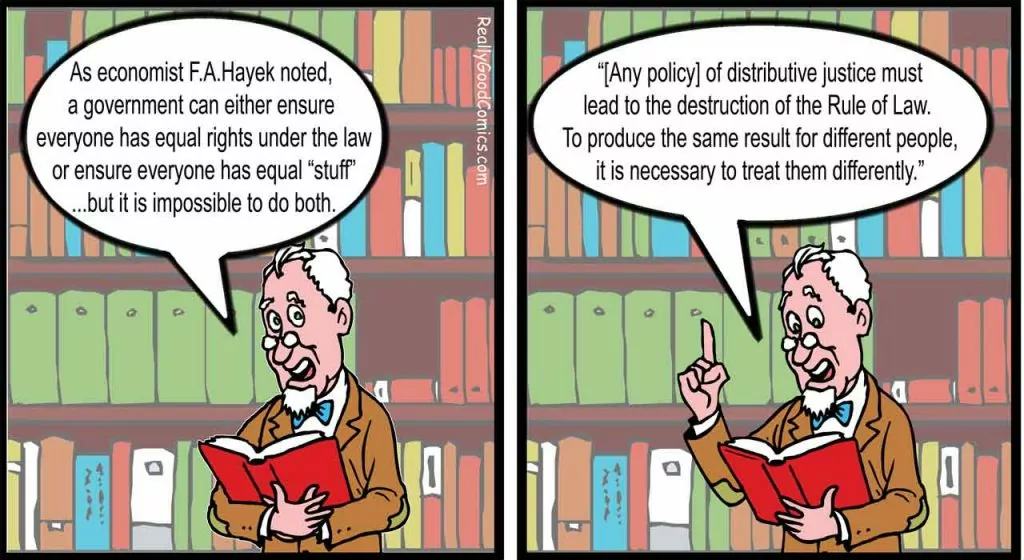“Truly, I say to you, today you will be with me in Paradise” (Luke 23:32-43)
****
Three people were taken that day to a hill outside Jerusalem to be crucified.
One died in sin.
One died to sin.
One died for sin.
Two were guilty. One was innocent.
Two were paying their debt to society. One was paying our debt of sin.
Consider, for a moment, the one who died to sin: the repentant thief. He made some remarkable observations. His was a remarkable conversion. Of all the converts among the rich, the religious and the rejected, his is the most amazing.
Both of these men asked Jesus to save them. One of the men being crucified said, “Are you not the Christ? Save yourself and us!” (v.39). His words were sarcastic and sneering.
The other man said, “Jesus, remember me when you come into your kingdom” (v.42). His words were simple and sincere. Hear the response of Christ: “Truly, I say to you, today you will be with me in Paradise.” The repentant thief rebukes the other criminal. He recognizes his own guilt and admits that he and the other man both fully deserve death, “we are receiving the due reward of our deeds; but this man has done nothing wrong” (v.41). Pilate and Herod said this but did not respond appropriately to that knowledge.
There was one essential difference between these two convicted criminals. One sought to be saved from his situation. The other sought to be saved from his sin, and he would hear the best news ever, “…today you will be with me in Paradise.”
Conviction comes before conversion
Notice how conviction comes before conversion. The repentant thief says, “…we are receiving the due reward of our deeds” (v.41).
What was happening in this man’s life? Was he afraid of falling into the hands of the living God? The Bible says, “It is a fearful thing to fall into the hands of the living God” (Hebrews 10:31). He understood what was happening. He sensed the eternal significance of the occasion.
Scripture also says, “The fear of the LORD is the beginning of wisdom, and the knowledge of the Holy One is insight” (Proverbs 9:10). Here in this unfolding drama there are two very different attitudes to Christ. The repentant thief admits his own sinfulness. What led to his conviction and conversion? Was it fear or was it that he heard Jesus say, “Father, forgive them, for they know not what they do” (v.34). Was it the fact that Jesus forgave His tormentors? Maybe he had heard about Jesus. God was certainly working in his heart. He not only rebuked the other thief, he not only admitted his guilt, but he confessed Jesus as the innocent one.
And then he did one more thing for which he will always be remembered. He said, “Jesus, remember me when you come into your kingdom” (v.42). He looked at the battered and bruised body of Jesus and saw a king! And he anticipated Christ’s resurrection, and coming of his kingdom. What a remarkable insight!
He didn’t ask for a place of honor. All he dared to ask was to be remembered. But he was speaking to the one who is able to do immeasurably more than we can imagine. In all his agony and anguish Jesus had time to win one more soul. The promise of paradise is great news.
We know so little about this man. What we do know is that at this point in his life he recognized he was a sinner and that Jesus could help him. That is all he needed to know.
Two responses to Christ and the cross
Our personal prejudices will sometimes have us writing off this person or that as “not salvageable.” Perhaps we have our petty excuses for not reaching others. But in all the discomfort of the cross Jesus reaches out to this undeserving man. This shows the selfless nature of Christ. This shows that the excuses we offer for not reaching out to others are so petty. We should never give up on sinners.
The paths of three men met in death. Much of humanity is represented in these two responses to Christ and the cross. The cross is not good news for everybody. One of the dying men mocked Christ. The words of the hymn Three Crosses by Helen Franzee Bower, put this idea beautifully:
Three crosses on a lonely hill,
A thief on either side,
And, in between, the Son of God…
How wide the gulf, how wide!
Yet one thief spanned it with the words,
“Oh Lord, remember me”;
The other scoffed and turned aside
To lost eternity.
Forsaken is the hilltop now,
And all the crosses gone,
But in believing hearts of men
The center cross lives on.
And still, as when these sentinels
First met earth’s wondering view,
The presence of the Lord divides.
Upon which side are you?
Christ’s Empire
This repentant thief looked at Jesus and saw himself as he really was. When we look to Jesus we too see ourselves as we really are. This thief was deemed unfit to live in the Roman Empire but God gave him a place in his empire.
Remarkably, the man who asked to be remembered expects Jesus to complete his work. All those who trust in the completed work of Christ can have the same assurance, “…today you will be with me in Paradise.” This passage of Scripture shows us that it is possible to have (in this life) the assurance of sins forgiven and that we can be sure of heaven after death. This must be the best news ever!













